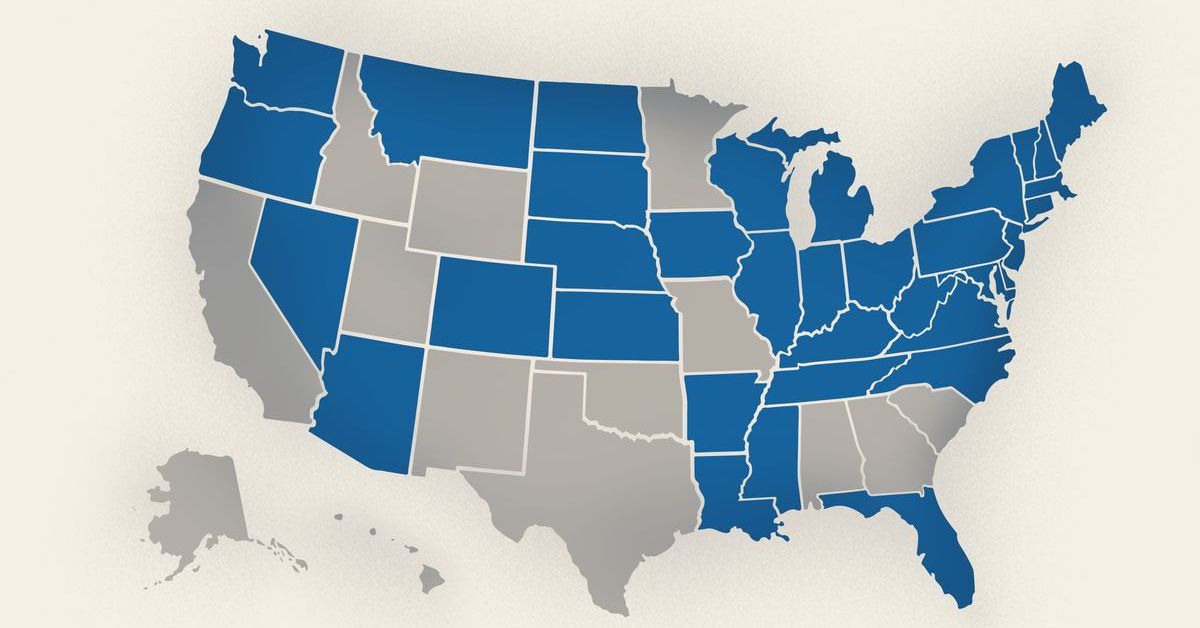Gambling
Legalized Gambling Increases Irresponsible Betting Behavior, Especially Among Low-Income Populations

Kenneth C. Wilbur, professor of marketing and analytics at the Rady School and co-author of the study.
How the patterns and consequences of online gambling can inform policy
The research study goal is to provide credible evidence to help inform policymakers as they evaluate new rules or refine recent rules. Currently, some states are considering bills to legalize and others, like New York and Illinois, are also considering expanding legalized betting.
Study authors found gambling helpline calls did increase as gambling became legal in the 14 states analyzed, most notably in New York; however, suicides did not increase. The authors note that suicide data from the Center for Disease Control, while informative, has limitations in measuring gambling-related suicides. State coroners generally do not document gambling as a contributing factor in suicide records, likely because they do not observe decedents’ gambling activity.
“We tried to collect as many relevant and comprehensive data sets as we could to help inform policy makers,” Wilbur said. “Given our results, a concern of legislators could be that while they see tax revenue rolling in and much of that spending is coming from the wealthier individuals i.e. ‘whales.’ But, if you look more closely, the people experiencing the most gambling problems are likely to be the smaller-scale, lower-income gamblers, i.e., ‘minnows.’ This might justify more spending on assistance for problem gamblers.”
The research analyzed online casino gaming and online sports betting. Online sports betting revenue mostly follows football and basketball seasons, without a strong upward trend. However, all states that legalized online casino gaming show sustained upward trends in betting activity over the five-year time period.
The authors conclude that legalized gambling has both pros and cons. “On the positive side, states can generate revenue, potentially reduce illegal gambling and make it easier for individuals to seek help for gambling problems,” they write. “On the downside, increased accessibility and participation can lead to higher rates of problematic gambling behavior.”
Coauthors of the paper include Wayne J. Taylor of Southern Methodist University and Daniel M. McCarthy of the University of Maryland.
Read the full “Online Gambling Policy Effects on Tax Revenue and Irresponsible Gambling” study.










